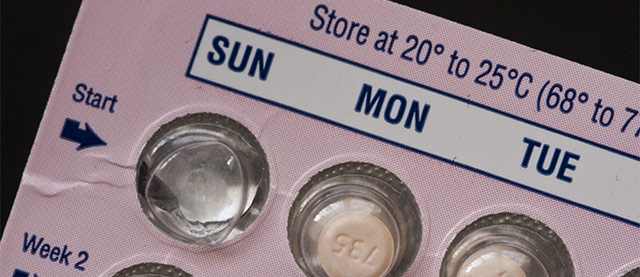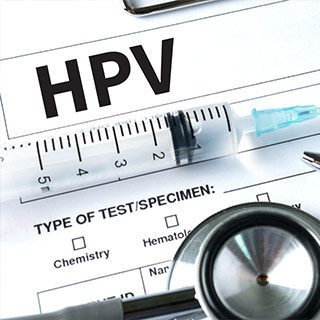Your sexual health is a combination of many things, including your body, your relationships with others, and your wants and needs. To maintain your sexual health, each component needs to be individually healthy. Your body is easily maintained with regular trips to the doctor to check for sexually transmitted infections, talk about contraception, and screen for disease. Your relationships with others are healthiest when you enter into them with mutual consent. Continuous self-reflection and being true to your emotional needs will take care of the rest.
Sexual health is more than just the occasional doctor’s appointment. It involves both the physical and mental aspects of your body and your sexuality. Whether or not you choose to be sexually active, your sexual health still needs to be monitored and maintained. Regular exams, screenings, and conversations with your doctor will keep your body healthy, and a thorough understanding of your gender identity and your desires will keep you in a sex-positive mindset. Taken together, they determine whether you’re sexually healthy.
The hallmark of any relationship, be it a friendship, a dating relationship, or a marriage, is consent. All people, no matter their gender, have the right to say “no” to any unwanted attention and this is a decision that must be respected by their partner(s). Without consent, which is impossible to obtain if either party is under the influence of drugs or alcohol, a sexual experience becomes sexual assault. Learn how to ask for consent, what counts as consent, and when it’s time to step away.
There are three main categories of birth control: awareness methods, hormonal methods, and barrier methods. Some forms of birth control do more than just prevent pregnancy. Condoms can protect individuals from contracting sexually transmitted infections; birth control pills can help women cope with acne or irregular menstrual periods. If you are planning to become sexually active, talk to your partner about birth control. The responsibility to avoid both pregnancy and sexually transmitted diseases is both of yours, regardless of your sex.
Each year, half of the people infected with a sexually transmitted infection in the United States are under the age of 25, making college students particularly vulnerable to infection. Unfortunately, many people with sexually transmitted infections don’t show any symptoms, making the infections easy to pass on and hard to diagnose. Luckily, once they’re caught, most sexually transmitted infections are curable with medication. Get tested frequently to ensure the integrity of your sexual health.
Sexual assault is an umbrella term that embodies any assault with a sexual component, whether it’s verbal, physical, or violent. It is illegal to force someone to engage in sexual activity without their consent, and it can be prosecuted. It’s impossible to predict and prevent every sexual assault, but there are ways to stay safe on college campuses, especially at parties. Knowing what to look for and what to do when the worst comes to pass can give victims some agency during recovery, as can knowing that it’s never their fault.











